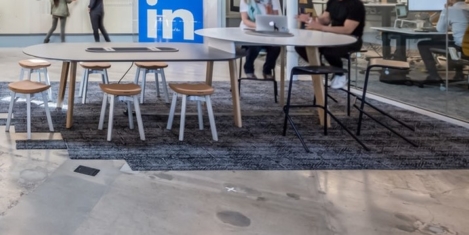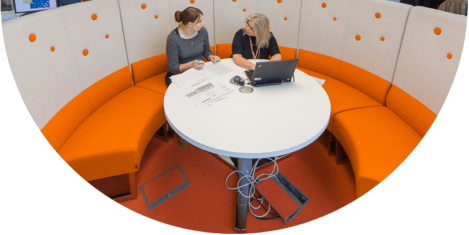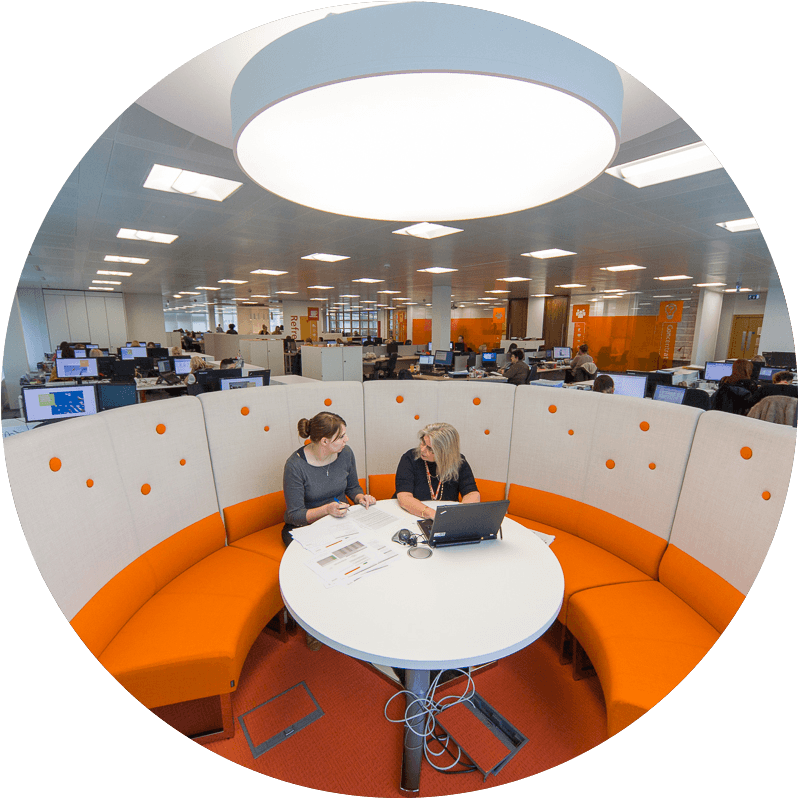To provide the best experiences, we use technologies like cookies to store and/or access device information. Consenting to these technologies will allow us to process data such as browsing behaviour or unique IDs on this site. Not consenting or withdrawing consent, may adversely affect certain features and functions.
The technical storage or access is strictly necessary for the legitimate purpose of enabling the use of a specific service explicitly requested by the subscriber or user, or for the sole purpose of carrying out the transmission of a communication over an electronic communications network.
The technical storage or access is necessary for the legitimate purpose of storing preferences that are not requested by the subscriber or user.
The technical storage or access that is used exclusively for statistical purposes.
The technical storage or access that is used exclusively for anonymous statistical purposes. Without a subpoena, voluntary compliance on the part of your Internet Service Provider, or additional records from a third party, information stored or retrieved for this purpose alone cannot usually be used to identify you.
The technical storage or access is required to create user profiles to send advertising, or to track the user on a website or across several websites for similar marketing purposes.
 From menstruation to menopause, the challenges that come with being a woman at work is causing reoccurring career breaks, which are costing UK businesses, according to a new report from Bupa. As many as 11 million women have had to take a long-term leave of absence at some point during their working life, from their late teens to their early seventies. (more…)
From menstruation to menopause, the challenges that come with being a woman at work is causing reoccurring career breaks, which are costing UK businesses, according to a new report from Bupa. As many as 11 million women have had to take a long-term leave of absence at some point during their working life, from their late teens to their early seventies. (more…)




































November 29, 2019
For the love of workplace art, where have all the walls gone?
by Chloe Adams • Comment, Wellbeing, Workplace design
(more…)